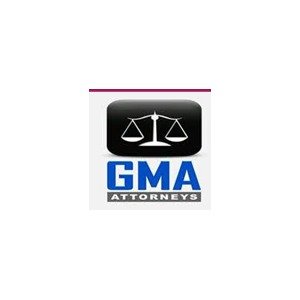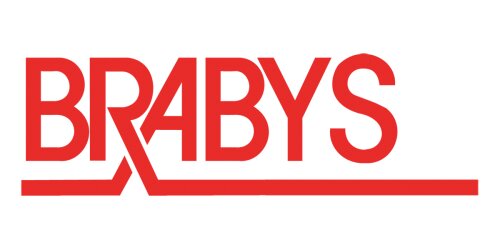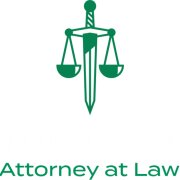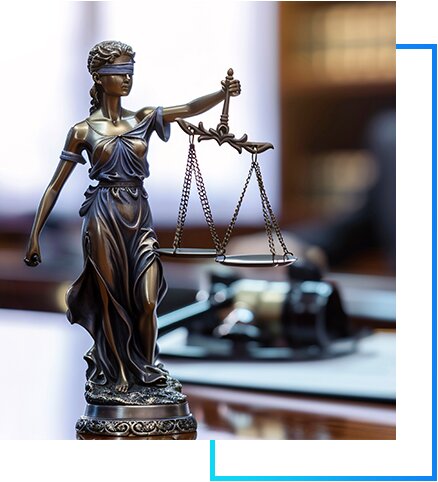Best Education Law Lawyers in Durban
Share your needs with us, get contacted by law firms.
Free. Takes 2 min.
List of the best lawyers in Durban, South Africa
About Education Law in Durban, South Africa
Education Law in South Africa, including Durban, involves the legal regulations and policies governing the education system. It ensures the right to basic education, as enshrined in the South African Constitution, is respected and upheld. This field encompasses a variety of issues related to public and private education institutions, including governance, administrative procedures, rights of students and educators, and issues surrounding equitable access to education. Durban, as a large city in South Africa, follows these national frameworks while also navigating challenges unique to the region.
Why You May Need a Lawyer
Individuals may require legal assistance in Education Law for several reasons. Common situations include disputes over student admissions and placements, disagreements regarding school governance, disciplinary matters involving students or staff, issues relating to special education needs, or employment disputes within educational institutions. Legal aid can also be sought for matters concerning curriculum content and the rights of schools, educators, and learners within the education sector.
Local Laws Overview
The legislative framework governing education in Durban is primarily driven by national-level legislation, such as the South African Schools Act, the Employment of Educators Act, and provincial regulations specific to KwaZulu-Natal. Key aspects include ensuring free and compulsory education for children up to a certain age, managing school admissions to promote equity, protecting the rights of students with special educational needs, and maintaining standards of educator conduct. Schools are expected to have codes of conduct that follow these regulations closely.
Frequently Asked Questions
1. What are my child's rights regarding school admissions in Durban?
Your child has the right to apply to any public school, and schools must follow fair and equitable admissions policies as outlined in the Schools Act.
2. How can I address issues of bullying at my child's school?
Most schools have an anti-bullying policy. Start by reporting to the school principal. If unresolved, you may need to escalate the issue through the Department of Education or seek legal counsel.
3. Can a school in Durban refuse to accept my child because of learning disabilities?
No. Schools must accommodate learners with disabilities and provide necessary support to ensure equal access to education.
4. What steps can I take if a teacher is unfairly treating my child?
It’s advisable to document incidents and communicate with the school’s administration. If unresolved, formal complaints can be lodged with the education department or pursued through legal avenues.
5. What is the role of SGBs (School Governing Bodies) in Durban schools?
School Governing Bodies consist of parents, educators, and other stakeholders who jointly manage school policies, financial affairs, and support educational infrastructure.
6. Can private schools in Durban implement different curriculums from public schools?
Yes, private schools can have their own curriculum, but it must meet the minimum standards set by the national department to ensure quality education.
7. How are teacher employment disputes typically resolved?
Such disputes usually involve grievance procedures within the school or education department, with legal resolution often pursued through arbitration or labor courts if necessary.
8. What legal recourse do I have if my child's right to education is denied?
You can file a complaint with the Department of Education or seek legal advice to potentially file a lawsuit ensuring your child’s constitutional right is upheld.
9. Are there legal requirements for homeschooling in Durban?
Yes, homeschooling parents must register with the Department of Education and ensure the curriculum is aligned with national education standards.
10. Can school fees be legally enforced in public schools in Durban?
Public schools can charge fees, but exemptions or reductions are available for qualifying low-income families, and legal processes must be followed for enforcement.
Additional Resources
For more information and assistance, you can contact:
- The Department of Education in KwaZulu-Natal: Handling educational policies and grievances.
- South African Human Rights Commission: Addressing violations of educational rights.
- Legal Aid South Africa: Providing legal assistance for various issues including education law.
- Equal Education: Advocacy group focusing on equitable access to education.
Next Steps
If you require legal assistance in Education Law in Durban, start by documenting your issue and understanding your rights. Reach out to an education law professional for a consultation. You may also contact relevant educational departments or seek free legal advice from Legal Aid organizations if necessary. For formal legal action, a specialized lawyer can guide you through the legal process to seek a resolution.
Lawzana helps you find the best lawyers and law firms in Durban through a curated and pre-screened list of qualified legal professionals. Our platform offers rankings and detailed profiles of attorneys and law firms, allowing you to compare based on practice areas, including Education Law, experience, and client feedback.
Each profile includes a description of the firm's areas of practice, client reviews, team members and partners, year of establishment, spoken languages, office locations, contact information, social media presence, and any published articles or resources. Most firms on our platform speak English and are experienced in both local and international legal matters.
Get a quote from top-rated law firms in Durban, South Africa — quickly, securely, and without unnecessary hassle.
Disclaimer:
The information provided on this page is for general informational purposes only and does not constitute legal advice. While we strive to ensure the accuracy and relevance of the content, legal information may change over time, and interpretations of the law can vary. You should always consult with a qualified legal professional for advice specific to your situation.
We disclaim all liability for actions taken or not taken based on the content of this page. If you believe any information is incorrect or outdated, please contact us, and we will review and update it where appropriate.














